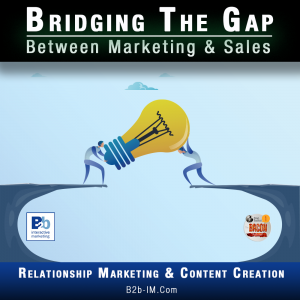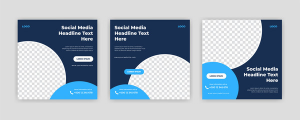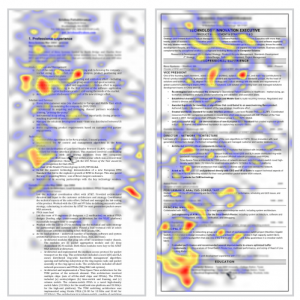How Technologists Are Selling AI To Marketers
Artificial intelligence grew up this year, advancing into generative and other types.
It is changing search advertising and marketing, television and other media, as well as how creative is produced and automated. It has become the dominant theme across the industry in earnings calls and reports, and it is not going to slow down anytime soon.
Forrester Research estimates that only one-quarter of businesses will benefit from GAI-powered digital commerce. And it will take a first full year as a capability in many enterprise systems for “digital business leaders [to] finally begin delivering on its biggest promises — topline revenue growth and new customer acquisition — by automatically tailoring content to prospects.”
About 60% of all U.S. retail sales are already influenced by digital technology, and businesses are experimenting with GAI to generate product information, creative assets, and advertisements.
By the end of 2024, Forrester predicts, consumer-governed data — rather than data governed by the enterprise — will limit GAI-powered digital commerce as the technology matures and regulations increase.
An ongoing effort led by the Content Authenticity Initiative (CAI), co-founded by Adobe in 2019, will bring trust and transparency to digital content in the world of GAI.
CAI is developing a technology called Content Credentials, a “nutrition label” for content that can be embedded into digital content. Microsoft recently introduced the integration into Microsoft Bing for AI-generated images.
Camera marketer Leica on Thursday announced the M11-P, the first camera with Content Credentials built in. Pictures taken by M11-P will have the Content Credentials symbol as a setting option that will attach information when it is turned on — including the creator or owner, device, and date and time because of the ongoing threat of fake images.
CAI is reaching nearly 2,000 members from Nikon, Canon, The New York Times, Gannett, and Associated Press, to Qualcomm, Intel, Sony and Microsoft.
Amazon held an entire two-day conference to tell advertisers about all the applications and features available with the help of AI.
On Wednesday during its annual Unboxed conference, Amazon Ads launched a GAI creative tool to Sponsored brand advertisers at no cost to users. The image generator available in beta, very similar to a tool from Adobe, lets people describe the picture. The technology generates the image.
In the Amazon Ad Console, advertisers select the product and click “Generate.” The tool uses GAI to deliver a set of lifestyle and brand-themed images — based on product details — in a matter of seconds.
Opera recently launched aria, in what it calls the world’s first web browser with a built-in AI chatbot. Aria is an advanced AI assistant that is integrated right into the browser, providing content developers with easy access to tools that can help transform the way they brainstorm, write and edit.
Meta this week during its earnings call spoke about all the AI advancements the company made during the past quarter. The company talked about the Ray-Ban Meta smart glasses, the first smart glasses with Meta AI built in.
The company used Connect to begin launching a lot of the new consumer AI experiences the company expects to become meaningful parts of apps in its business in the coming years.
The AI Studio platform was also launched to enable people to create and interact with many different AI technologies. Emu is Meta’s image-creation model that produces high-quality images and stickers, an early alpha of business AIs so that eventually every business can have an AI to interface with customers to do sales and support.
AI tools for creators will launch next year, so every creator can have an AI tool their fans can engage with.
Companies are not only being taught how to use GAI, they are teaching their customers how to have a better experience. Although more than half of customer experience teams have finally convinced their companies to invest more energy in their customer focus, according to Forrester, it’s not enough.
Just more than half of customer experience decision-makers expect their team budgets to remain flat or grow by just 1% to 4% in 2024, despite the increasing popularity and use of AI. As a result, the gap between the responsibilities and resources of these teams will continue to widen.
(3)






